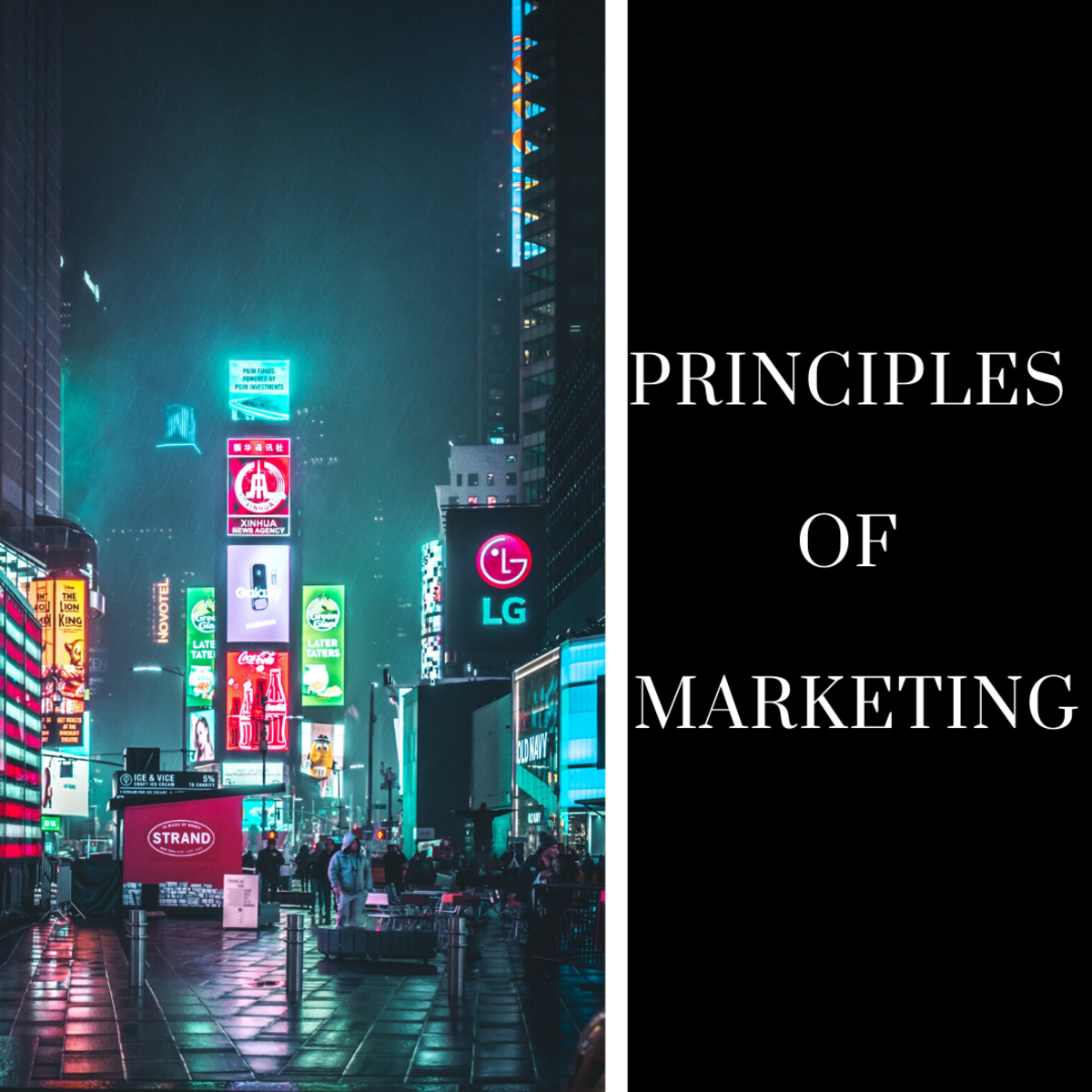Law Firm Marketing: 5 Blogging Hacks That Can Convert More Leads
Online Marketing is Crucial to the Success of Law Firms

What if I told you that you're wasting too much time trying to get new clients? For many law firms, statement is true.
Don't get me wrong, you should be trying to get more clients. But you should be going about it in a way that makes it as easy as possible.
I'm talking about your blog. You know, that thing on your website that you probably haven't updated in ages? Don't feel bad. Many attorneys make the same mistake.
When it comes to attracting new clients, your blog is your best friend. As a matter of fact, you could be generating more leads within just a few months!
Just think about it. Your website could be generating leads for you while you focus on doing what you do best: practicing law.
This post is going to give you 5 practical things you can start doing today to turn your law blog into a lead generating machine. You will have a much better understanding of how to create content that will convince readers to become clients.
Hack 1: Make Sure you Know your Audience
One of the worst things you can do is to start writing content that isn't relevant to your audience. Before you start crafting your blog posts, make sure you know exactly who you are writing to.
When you understand your audience, you will know what type of content to write. This means your content will speak to your readers' needs.
Buyer Personas
Creating buyer personas will go a long way towards helping you understand where the various members of your audience are coming from. A buyer persona is a tool that is used to provide greater insight into who your prospect is and how you offer them value.
Buyer personas are fictionalized profiles of your prospective clients. They include data such as:
- Demographics
- Interests
- Challenges & Obstacles
- Desires
- Income
If you are unsure as to how to build out your buyer personas, there are several templates that are available online. These templates can serve as an effective guide in helping you create your personas.
A good blog can attract more clients to your law firm

Hack 2: Be Helpful
When you engage in content marketing, you are there to benefit your readers. It's important to remember that it isn't about you, it's about your prospective client. The only way you will build influence with your prospects is to provide them with as much value as possible.
Don't use your blog to promote your services or talk about how great your law firm is. You can tell them how wonderful you are when they come into your office!
It's also important to make sure that your content is written in a way that is easy to understand. Many attorneys make the mistake of writing content that is more suitable for other attorneys to read. Unless your clientele is going to be other attorneys, this is a no-no.
Each piece of material that you write should be designed to provide a distinct and tangible benefit to your reader. Your content should do one or more of the following things:
- Answer a tough question
- Provide information that isn't easy to get
- Help the reader solve a problem
Here's an example. You're a law firm that specializes in product defect liability. It's likely that one of your prospects might be looking for information regarding an illness they suffered as the result of a medication they took.
Since you know that many of your prospects will be looking for information about this subject, you should write content that helps the prospect better understand product liability. Provide information that could help them figure out whether or not they have a valid claim against another party. You might even write content that defines some of the key terms involved in cases like these so that the reader can become more familiar with this type of case.
The law can be pretty complex. If you are able to make legal issues easier to understand, it's more likely that the prospect will come to you as a resource.
Hack 3: Find Out What Questions to Answer
One the best ways to provide value with your content is to figure out what questions your audience is asking and use your expertise to answer those questions. Put yourself into the minds of your prospects. Why are they coming to your site? What questions led them to your website?
If you have already been practicing law for a certain amount of time, you have probably been asked several questions on the areas of law that you specialize in. Write these questions down and start crafting blog posts that are designed to answer these questions.
Make sure that the answers you give are easy to understand. Remember, you're not writing for attorneys, you're writing for everyday people.
If you can, think of some of the less common questions that you have been asked. Chances are, there's information you can provide that your reader that they didn't know they needed. When you can go above and beyond in providing relevant information, your prospective client will be more likely to hire you.
Here's some examples of questions you could answer in your blog post:
- What do I do if I think I was injured by a defective product?
- What entity should I use to form my business?
- What do I do if someone tries to use my logo for their business?
- What behavior constitutes discrimination in the workplace?
- When am I allowed to withhold rent from my landlord?
If you have experience practicing law, it shouldn't be hard to come up with a good-sized list of blog topics. The more questions you can answer, the better.
Hack 4: Discuss News in Your Area of Law
Depending on the type of law you practice, it's possible that there are numerous newsworthy events that are related to your area of law. If this is the case, you should be monitoring the news feeds to see if there are interesting stories.
When you find news stories that interest you, write a blog post about it. It's a great opportunity to take a stance and give your opinion on a particular issue. This allows your prospects to get to know you better. It gives them a glimpse into how you think. Your prospect will be more likely to express interest in your services.
Here's some examples:
- Breaking news about illnesses that are caused by a popular new drug.
- Changes to tax law.
- Popular lawsuits that involve intellectual property.
- Controversial cases involving family law.
Make sure you keep yourself aware of current events in your field. It will show your readers that you are an expert in your area of law.
Using your blog to deliver good content will help your law firm stand out

Hack 5: Craft Compelling Headlines
It may seem like an unimportant detail, but it's not. Your headline is arguably the most important part of your blog post. Your headline is what will get your prospects to read your content.
You could write the greatest blog post that's ever been written and it won't matter if your headline is weak. Take your time when you're working on the headline to your posts. You need to make sure you get it right.
Fortunately, there are several tools online that can help you write effective and engaging headlines.
Here's some tips for creating awesome headlines:
Emphasize the Benefit!
Each headline your write should promise some type of benefit. The reader should clearly know what they are going to get out of reading your article. Here's an example: "How to Write an Effective Cease and Desist Letter."
Keep it Short
This should go without saying. Your headline is only there to get people to read your content. It shouldn't be too long. In most cases, your headline shouldn't be more than 65 characters long.
Practice Makes Perfect
Writing headlines isn't easy. the more you practice, the better you'll get. When you have a free moment, practice writing headlines. Use the tools that are available to you online.
Not only will this make you better at creating new headlines, it will also help you come up with new blog post ideas! I've made it a point to write new headlines every single day and now I have TONS of great ideas for content!
Conclusion
Blogging for your law firm is the easiest way to generate leads and convert more prospects. If you do this right, you will increase your influence, establish your authority and persuade your prospects to hire you. Start putting these 5 hacks into action today to make your blog more effective. You'll be glad you did.






